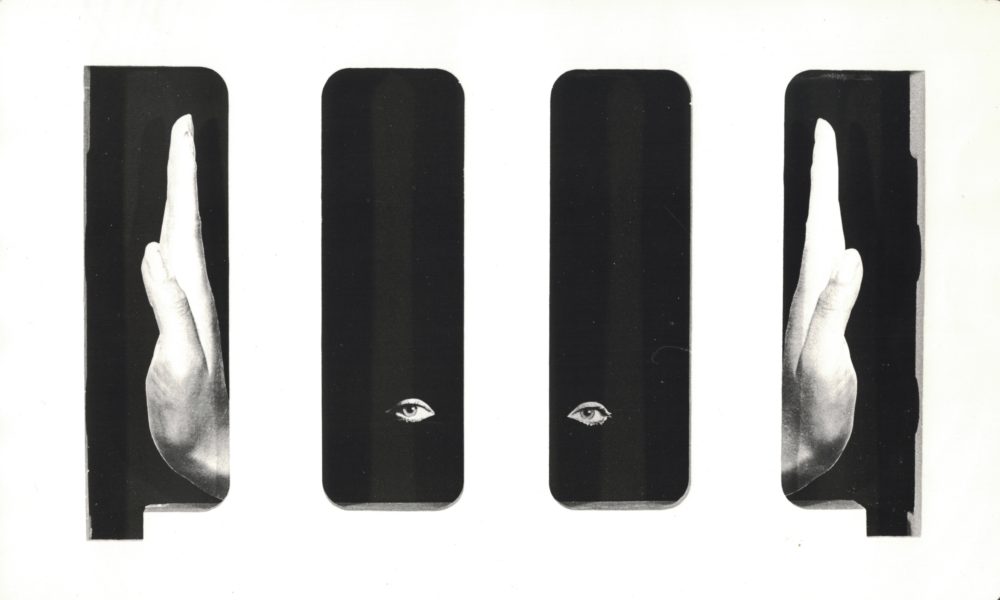The exhibition dedicated to the Mexican artist Mario Garcia Torres (Monclova, 1975) brings together, for the first time in full, all the work produced by Garcia Torres during the eight years of research conducted into One Hotel in Kabul (Afghanistan), the place of residence and artistic production, between 1971 and 1977, of Alighiero Boetti, one of the twentieth century’s greatest artists. The exhibition includes video installations, faxes and postal works, wooden and metal plaques, wall inscriptions, postcards, and graphic materials, along with some materials never shown before, being designed specifically for the exhibition space, as well as works by Alighiero Boetti selected by Garcia Torres especially for the exhibition, some of which are to be added to the museum’s permanent collection.
Garcia Torres has always been concerned to investigate the mechanisms of production of artistic thought and to explore the obscure points, unofficial or unhistoricized, of the more intangible heritage (bound up with facts, rumors and live testimonials not listed in the official accounts) of conceptual art, its gestures, figures and practices.
More than thirty years after Boetti left One Hotel – but also after, in sequence, the Soviet invasion of 1979, Boetti’s death in 1994, a long civil war, the emergence of the Taliban regime before the U.S. invasion followed by the ISAF forces… – finally in May 2010 Garcia Torres himself entered One Hotel, profoundly transformed over the years, in a city where all memory of the presence of the Italian artist had been completely effaced. Garcia Torres had meanwhile conducted lengthy preparatory research at a distance (mainly on the Web and by meeting with witnesses and friends of Boetti himself), as evidenced by the video Alguna vez has visto la nieve caer?, 2010.
In accepting, after a lapse of thirty years, Boetti’s invitation to be a guest at One Hotel, and finally replacing him as manager of the guest house, Garcia Torres engaged in an “impossible” dialogue between people, times and places remote from each other, exemplified in the screening at dOCUMENTA (13) of the video Tea, 2012, made in Kabul. The two artists, though from different generations and backgrounds, traveled the same path, undertook the same journey and finally they inhabited the same rooms. Though strangers to each other and the Afghan context, they both decided to open and manage, for a period of time, a place offering accommodation and hospitality, a guest house in Kabul. In this way, Garcia Torres, unlike a normal exhibition curator, finds space for a more intimate and personal evocation of Boetti’s figure and artistic practice. By affirming the fleeting nature of his artistic identity and practice, in
a way that is characteristically Boettian and twofold (as in the artist’s own presentation of himself as “Alighiero and Boetti”), Garcia Torres places himself in a constant oscillation between himself and Boetti, between guest and host, between past and present, proposing an experience based on the redefinition of the very concept of the artist and the work. Who is who? When? Where?
In the background, Garcia Torres, who lived for extended periods, from 2010 to 2012, at One Hotel while working on this project, also evokes the living conditions in contemporary Afghanistan, a region unknown to us in its everyday reality despite, or perhaps because of, the incessant “bombardment” of information by the media we are subjected to. From this emerges a scenario made up of lively yet suspended everyday events, which surprisingly reveals, in the articulation of the distance relationship between the two artists, all the pregnancy and relevance of Boetti’s artistic “lesson”.

